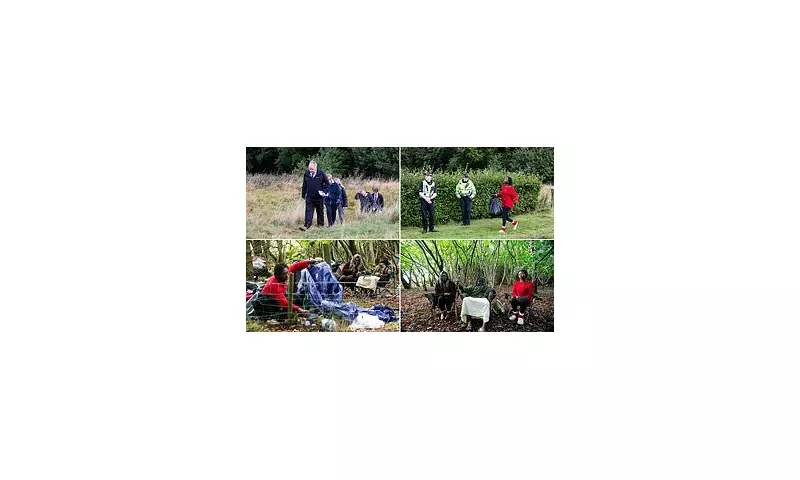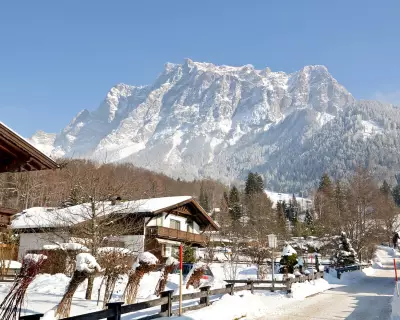
In a bold act of defiance, a group of self-styled 'travellers' evicted from an ancient Dorset woodland in a dramatic dawn raid have simply moved their entire operation to a new site—a mere stone's throw from their original camp.
The major eviction, which required a significant police presence and bailiffs, took place on Thursday morning at Piddlehinton's picturesque Droves Plantation. Authorities cleared the site of caravans, vehicles, and makeshift structures that the group had called home for weeks.
However, in a move that has frustrated local residents and officials, the group has now established a new encampment on adjacent farmland, located an astonishing just 30 yards away from the boundary of their previous settlement.
A Game of Cat and Mouse with Authorities
The situation has escalated into a frustrating game of cat and mouse. A local landowner, who wishes to remain anonymous for fear of reprisals, expressed his dismay after discovering the new camp on his property. He found caravans, trucks, and a converted bus strategically positioned behind a hedge, effectively shielding them from immediate view.
"They've just moved onto the field next door," he stated. "It's incredibly brazen. It makes the whole eviction feel pointless and shows a complete disregard for the law and the local community."
Community Tensions Rise
The group's initial occupation of the protected woodland had already caused significant local unrest. Residents reported issues with noise, litter, and damage to the natural environment. The swift re-establishment of the camp so close by has heightened anxieties, with many fearing a prolonged and disruptive standoff.
Dorset Council confirmed the eviction was successful but acknowledged the new encampment presents a separate legal challenge, as it is on privately owned land. The process to remove them must now begin anew, a prospect that is both time-consuming and costly for all involved.
The defiant 'tribe' shows no signs of leaving the area, setting the stage for the next chapter in this ongoing rural dispute.






